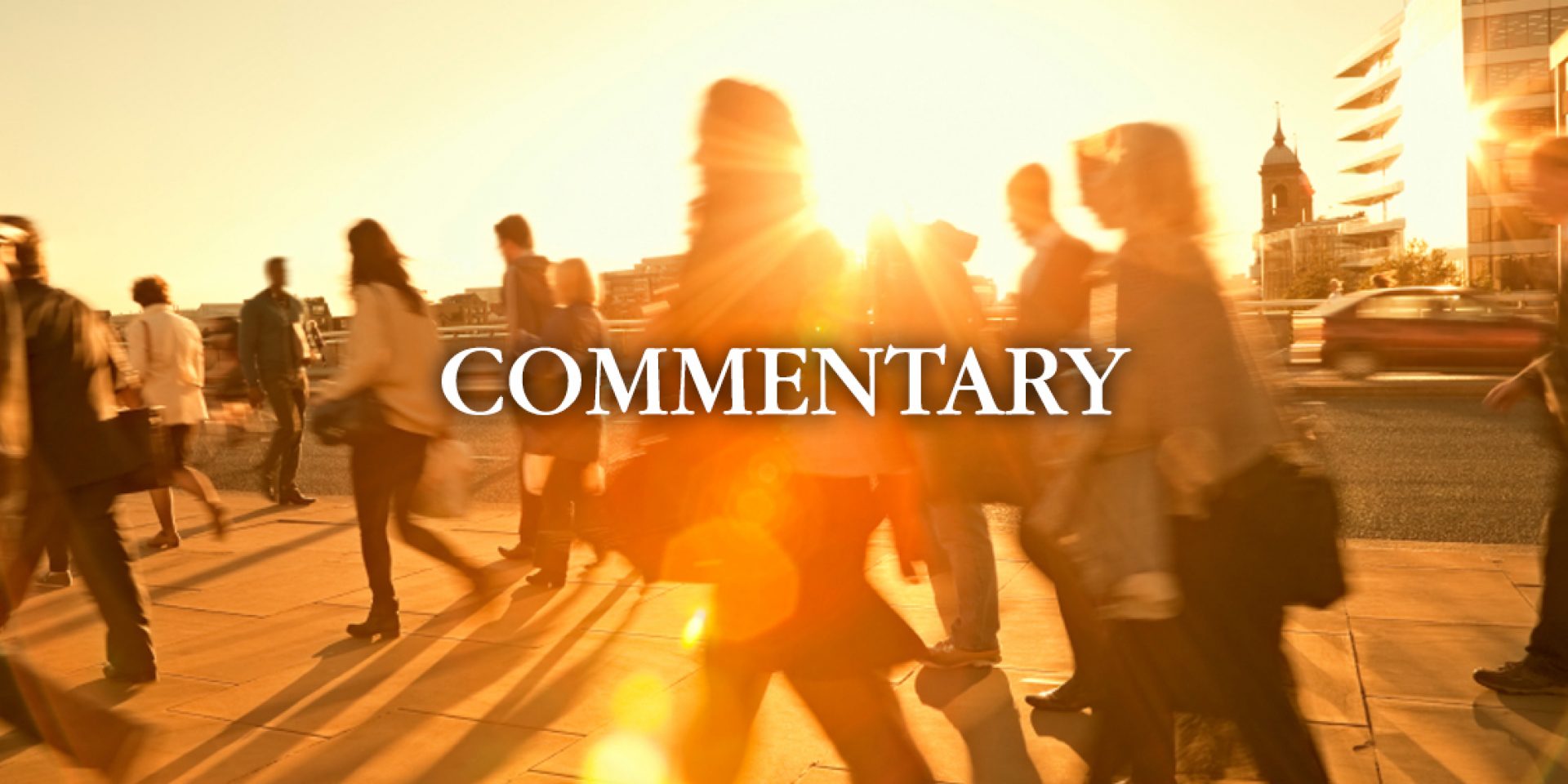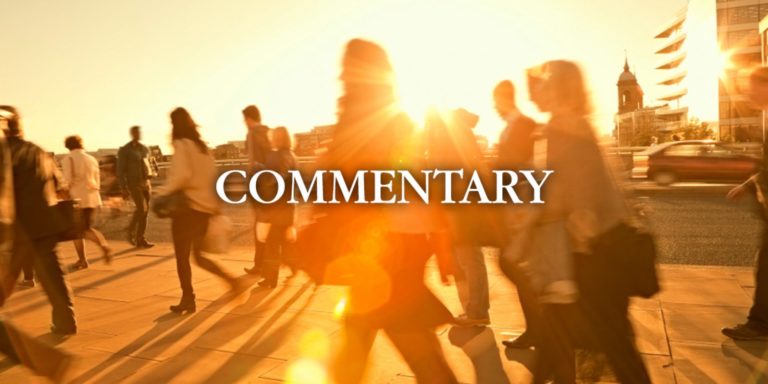As long-term investors we are used to thinking about different outcomes, including extreme ones, and trying to ensure that our investments have the quality and value to weather the crises that inevitably happen from time to time. After all, the origins of our investment approach go back to the crisis that was World War II and the impact it had on the Stern family and so many others. However, no words can adequately describe the scale of the change over the past weeks, months and quarter. February began like a song, the roadmap to the US presidential election was slowly unfolding, markets were continuing their steady ascent, driven by moderate but sustained global growth and expected growing bottom lines. We were following reports of the outbreak of a flu-like virus in China for some weeks, but it seemed like a local problem, in a region that was used to dealing with new contagious diseases and was taking harsh but appropriate measures. The world was definitely not aware of the tremendous global consequences this local problem would have on public health, politics and economics.
Fast forward a few weeks. We live in a world riven by a global pandemic which has led to close to a million of registered infections and more than 40,000 deaths. Fear engulfs us as soon as we hear a cough, or we feel a fever creeping on us. We are confined to a new world: our homes. We have not seen or met anyone outside of our household for the past weeks. With schools closed, children attend classes through e-learning facilities or are taught by parents drafted in as teaching assistants. Most of us work from home. We all eagerly compete for our limited broadband capacity. Communication networks have slowed as usage has surged. Streaming sites have reduced quality.
We have learnt that nurses, delivery drivers and supermarket cashiers are true heroes. Our daily exercise routine is driven by kids’ television programmes and Youtube videos. Our streets are empty and fewer planes fly in our skies, so the air is purer. Some people sing from balconies and most join in clapping our health workers in the streets. Artists sing, recite, draw or play freely for everyone to listen, see and experience through Instagram. We call, mail or message our loved ones, quarantined away, more often than before. Whilst distances have actually increased, we feel almost closer to some. We all know friends, relatives and acquaintances who have been infected by Covid-19, most with mild or moderate effects, but some with devastating and life-changing consequences. We have also learnt that in the face of the virus, we are all equal, whether you are in a village in Italy or in the deepest French countryside, or living in New York, London, Beijing or Sydney. It does not matter to the virus whether you are a royal, a politician, a captain of industry, a tradesman or a shopping assistant. Infection rates are statistical variables. If exposed, we all have the same chance of being infected.

